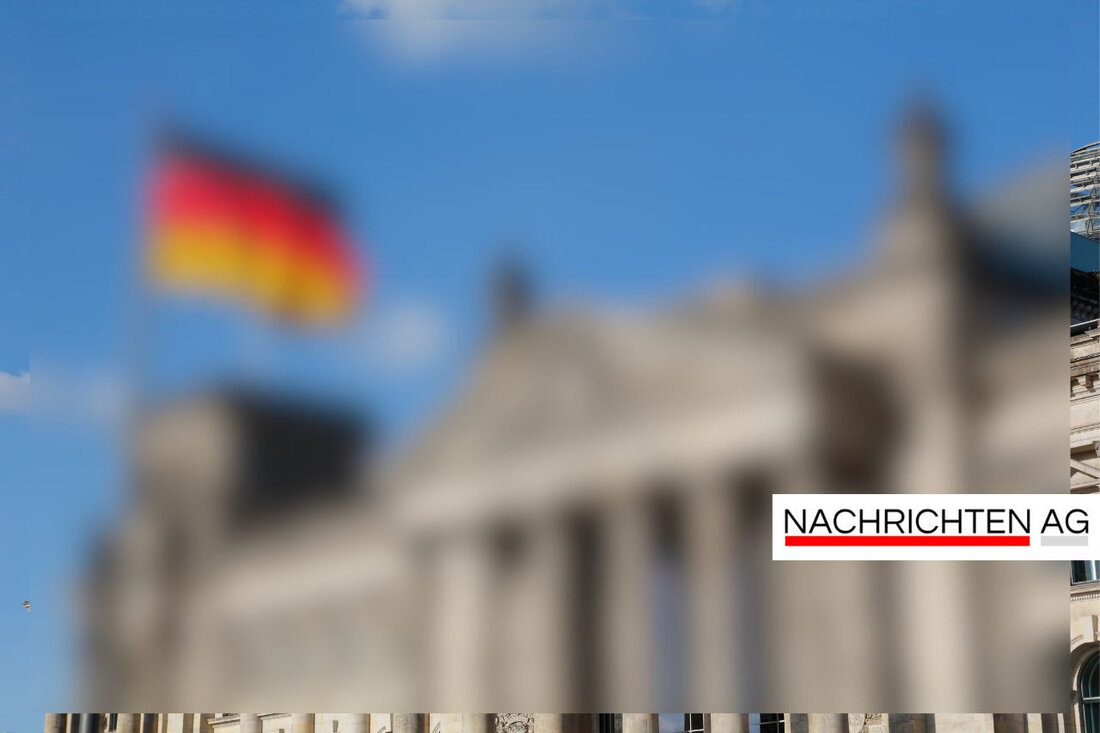E-cars: Skepticism for new purchase bonuses-what is the government really planning?
E-cars: Skepticism for new purchase bonuses-what is the government really planning?
Deutschland - Electromobility in Germany faces decisive course. In the coalition agreement of the new black and red federal government, consisting of the CDU, CSU and SPD, the promotion of e-mobility is addressed by buying in purchase. Isabel Cademartori, Member of the Bundestag and Transport Policy of the SPD, expressed skepticism about new purchase bonuses for electric cars and does not expect that the former purchase bonus will be reintroduced under the title "Environmental Bonus". She emphasizes that this has proven to be an expensive instrument that benefited primarily wealthy people who could afford electric cars, as mdr reported.
The environmental bonus, which has been introduced to promote electric automotive purchases since 2016, expired at the end of 2023. The old federal government had stopped the bonus, which means that since then no direct payments have been made to buyers of electric vehicles. However, the new government announced various measures to support e-mobility in the coalition agreement. This includes increasing the gross price limit for the tax funding of electric vehicles to 100,000 euros and the introduction of a special depreciation for electric vehicles. The vehicle tax exemption for electric cars by 2035 is also part of the planned measures, which are ultimately intended to increase the acceptance of e-cars, such as the ADAC
implementation uncertainties and market development
Although incentives have been announced, it remains uncertain when they are concrete. The new funding measures are crucial to increase the acceptance of electric vehicles and to promote a broader switch to climate -friendly mobility. A program for households with small and medium-sized incomes should also be available as part of the EU climate-social fund in order to facilitate the transition. Over 2.23 million electric vehicles were funded by the end of the environmental bonus, and more than 10 billion euros in funding were paid out.
A central concern for funding is also the infrastructures, especially the charging points. Although the demand for electric cars rose by almost 40% compared to the previous year in the first quarter of 2025, many charging stations in Germany are hardly utilized. Currently only 17% of the publicly accessible loading points are occupied at the same time. This situation gave the Association of the Automotive Industry (VDA) cause for concern. VDA President Hildegard Müller emphasizes the importance of a robust charging infrastructure and a reasonable electricity price, to advance e-mobility, such as outlook
Overall, the new government signals fundamental support for e-mobility, despite the uncertainties about purchase bonuses and specific incentives. The discussion about state grants and support measures is expected to continue, while the automotive industry is pushing for quick decisions to avoid restraint. With a total stock of around 1.65 million pure electric cars in Germany at the beginning of 2025, it becomes clear that a comprehensive package of measures is required to achieve the ambitious goals for e-mobility that were determined in the previous traffic light government.
| Details | |
|---|---|
| Ort | Deutschland |
| Quellen | |


Kommentare (0)